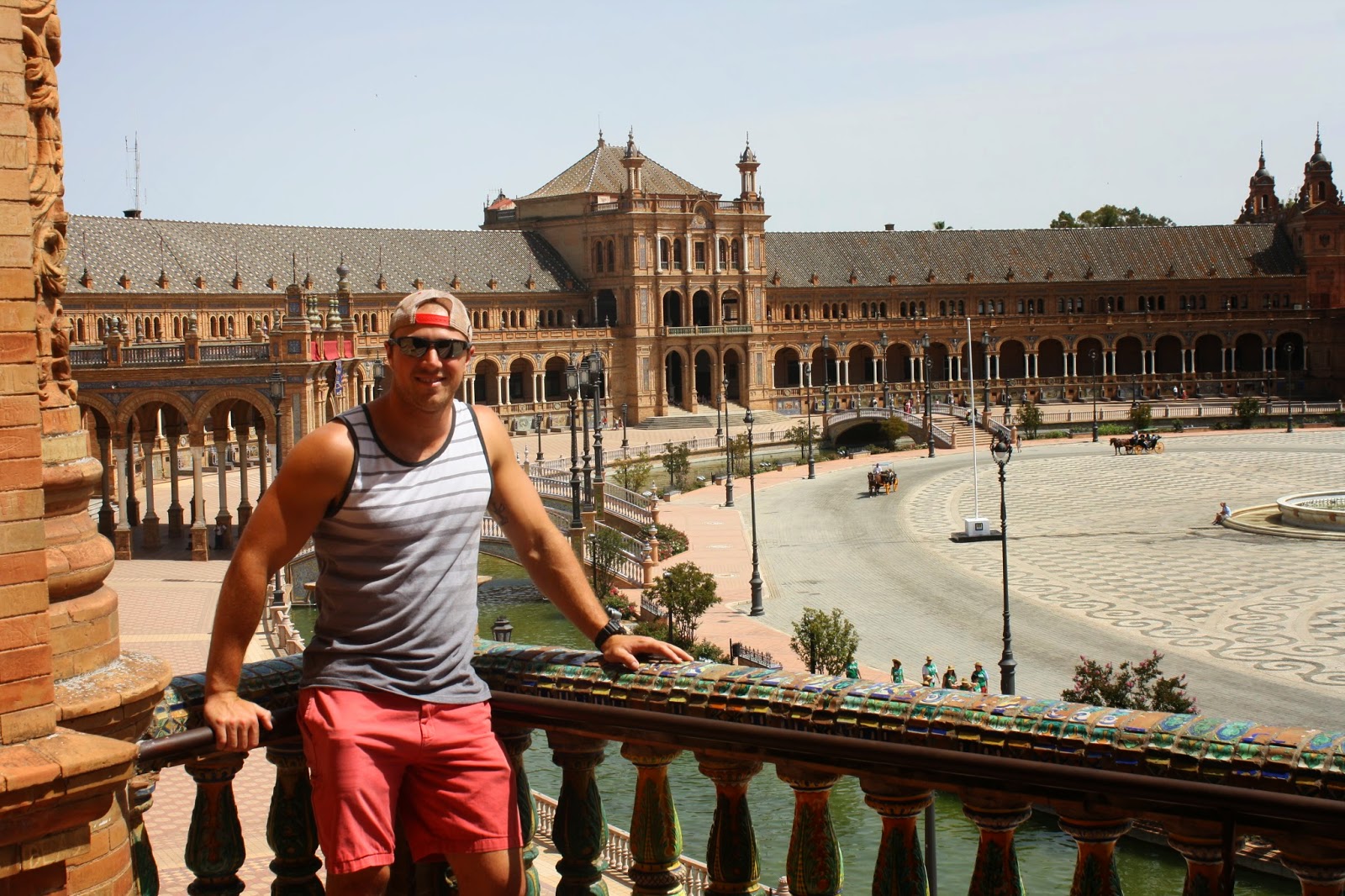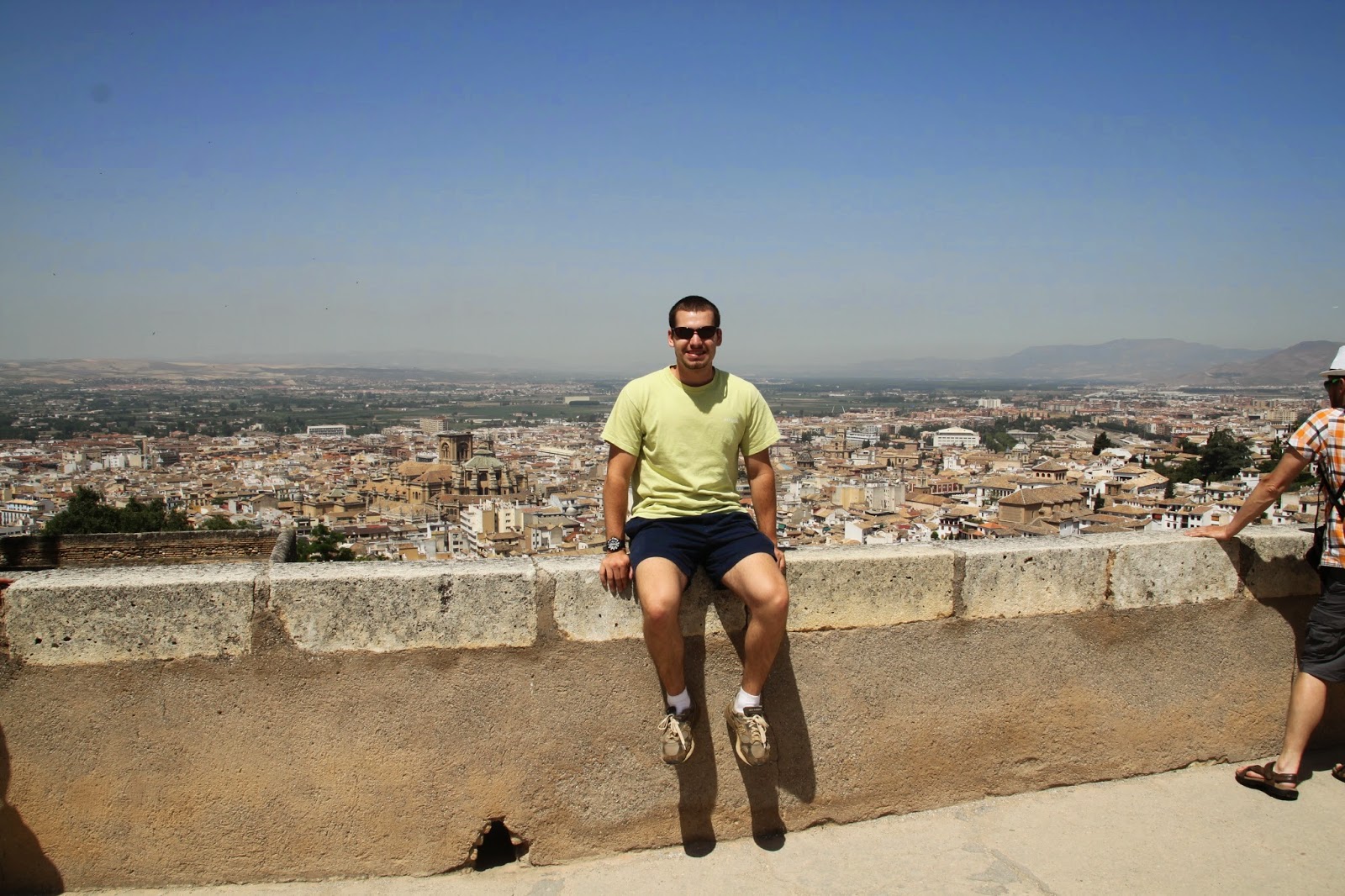The PSCI Service-Learning Program met in Naples, Italy at 10
AM on Monday, July 4. Our goal is to help non-governmental organizations
assisting refugees arriving in Italy and to learn about human rights in
economic development.
The Citadel group includes four graduate students: Barbara
Brown (Social Science); Robert Crossno (International Politics and Military
Affairs); Emily Harmon (Social Science); and Tucker Strom (International
Politics and Military Affairs). The
group also includes Michael Holland, a rising junior from Augusta, GA; Robert
Machamer, a rising junior from Easley, SC; Christopher Niepsuj, a rising junior
from Elma, NY; and David Truesdale, a rising senior from Charleston, SC, as
well as Sarah Tenney Sharman, an Associate Professor in the Political Science
Department. Dr. Tenney Sharman’s husband, Howard Sharman, is also serving as a
volunteer with the group. The program is
designed to enable students to get hands-on experience while studying theories
related to the politics of economic development.
Most people are familiar with the ongoing refugee crisis
that has lit up headlines around the world, as more than 153,842 people have made
their way from sub-Saharan Africa and the Middle East to Europe since
2015. What many people don’t know is
that this has been a problem for Italy for quite some time. Because of Italy’s boot-like shape, long and
meandering coastline, and close proximity to Africa, it has long served as a
gateway to Europe. Hordes of refugees fleeing conflict, human rights violations,
persecution, and socio-economic deprivation in other areas of the world arrive
here almost daily in rubber boats, dinghies, and unseaworthy vessels. So far,
76,699 have arrived in 2016. Many of these people arrive desperately in need of
international protection and assistance.
“Fear” and “uncertainty” have become the words of the day
both for those seeking refuge and for those providing it. Italy itself is still reeling from the Global
Financial Crisis of 2008, suffering sluggish economic growth and high levels of
unemployment. In addition, many are worried about a variety of issues related
to the number of arrivals. These include concerns not only about potential
terrorists and terrorist attacks, but also street crime, communicable diseases,
and the financial burden associated with providing for so many in need. Of course, the new arrivals face the fear and
uncertainty of having to assimilate into new cultures, learning new languages,
finding jobs, and starting over.
To date, most of the refugees and migrants making their way
to Italy have been from sub-Saharan African countries, like Eritrea, Nigeria, Somalia,
and Cote d’Ivoire. However, since Turkey has agreed to take back the refugees
arriving from the Middle East to Greece, Italy is expected to become a primary
port of entry for additional refugees coming from Syria, Afghanistan, Iraq, and
other countries in the Middle East and Southeast Asia.
Many of the arrivals seek political asylum in the European
Union. While asylum status is usually reserved
for those fleeing persecution in their home countries, the application and
investigation process is complicated and time consuming. Similarly, refugee status is reserved for
those fleeing active conflicts who hope to return to their native homes one
day. Many of these people are forced to flee their homes in the wake of extreme
violence, trauma, and deprivation. Still others coming to European shores are simply
migrants in search of job opportunities and better life styles. In all cases,
the arrivals have to be processed and provided basic living protections until
they can assimilate in their new environments. This includes food, clothing, and shelter as
well as medical and other assistance.
The Citadel group looks forward to working with local
non-governmental organizations here in Naples to help in this endeavor.
- Sarah Tenney-Sharman

Pictured (from left to
right): Usha Waygood and Ivan Fadini (International Napoli Network); Howard
Sharman, Barbara Brown, Michael Holland, Tucker Strom, Rober Machamer, Robert
Crossno, David Truesdale, Emily Harmon, and Chris Niepsuj










